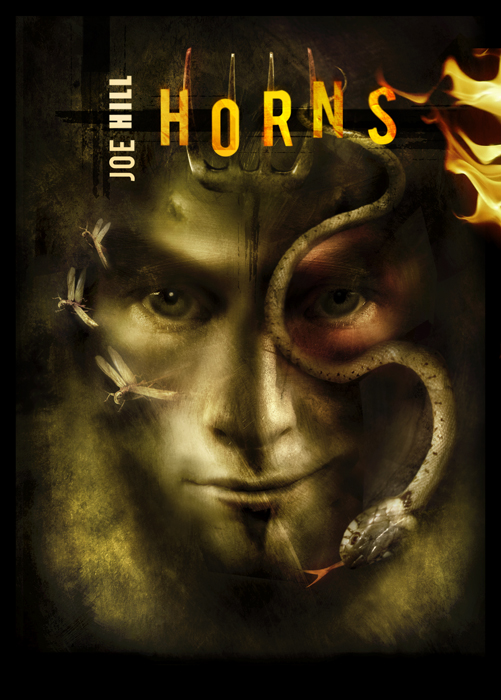Continuing from Seventh Son,
Orson Scott Card picks up the story with an entirely new plotline, which sees a
whiskey runner coming to visit William Henry Harrison in Fort Dekane. This
runner's knack is that he is a spark, in that he can focus his energy
somewhere to create a heat source. Of course it's difficult to burn a forest
this way, but something highly flammable/explosive is easy for him to ignite.
And since this is a bit more of a sinister knack, it's best he keeps knowledge
of it to himself and use it as a defense. All sorts of double crossing is going
on, and we are introduced to Tenskwa-Tawa and Tecumsaw, a couple of badass
natives from the Shawnee tribe that are influential throughout this book and
I’m guessing throughout the rest of this series. It ends up that Tenskwa-Tawa
meets Alvin and we get a replay of the vision he shows him when he appeared in
Alvin’s room to teach him about his powers. He is only able to do this as he
quits drinking whiskey, and from there on goes to lead a movement that teach
all of the reds to refrain from consuming alcohol, much to the dealer AND Bill
Harrison’s dismay.
But we also meet another figure in
the beginning, when we are being introduced to the natives and Mr. Harrison, a
rude southern man from Tennessee nicknamed Old Hickory. For those of you
not up on your southern American history, that’s Andrew Jackson. Nobody hates
the reds quite like him, both historically and in Card’s second Alvin Maker
book. Except of course, maybe Bill Harrison. Who is a real SOB.
In fact, Harrison and Jackson have
such a hatred for the reds that it scared Tenskwa-Tawa straight. He is a noted
drunk and constant dependent on the whisky which he uses to drown out the
horrors of watching Harrison murder his father when he was just a boy. Well
thanks to his brother Tecumsaw he sees the light and weens himself off of it,
becoming a wise man, or shaman, or whatever.
There are other chapters up front
that bring in the French, who are operating out of Ft. Detroit (DETROIT
Represent!) and are paying money to the reds for scalps of white Americans to
help manufacture some majour conflict between American settlers and native
Americans. In this French campaign, being led by General de Lafayette, we meet
a young Napoleon Bonaparte, whose knack is the ability to get anyone to fall
head over heels in love with him. Too bad Lafayette has a charm that acts as a
shield from his knack. Lafayette also despises the French King, Louis XVI (at
least I think that’s the number) and would rather the loyal, fiery yet
ambitious Napoleon break away from servitude to the French King and begin a new
world and a new order. So there's another agenda.
There is enough American folk magic and historical fiction to be really great in this book, even if the premise is a bit weak in places. William Blake, better known as Tailswapper in this series, is still a phenomenal character, even if the guy doing his voice in the audiobook is really annoying. He still understands enough about visions from his always wanting to have one, to recognise Alvin's. He also takes part in an adventure/vision that requires him and Tecumsaw as they battle fate and their own understanding of what humanity requires with their own stubbornness. They must unite to escape with their lives, but they can’t stand each others' ideals and are even more appalled at the glimpse of each other’s destiny.
I guess it is an adventure story of sorts from the moment
Measure and Alvin are kidnapped in the woods until the very end, and that makes
it quite a bit different from what I was expecting after finishing Book One.
But not necessarily in a bad way, I was just hoping for mystery and freaky
unexplained characters and their conspiracies than an adventure story solved
with a series of visions. But since things are somewhat reset after a brutal
massacre of thousands of Indians and some failed wars, I bet Book Three gets to
be more to my style. Looking forward to that one.






